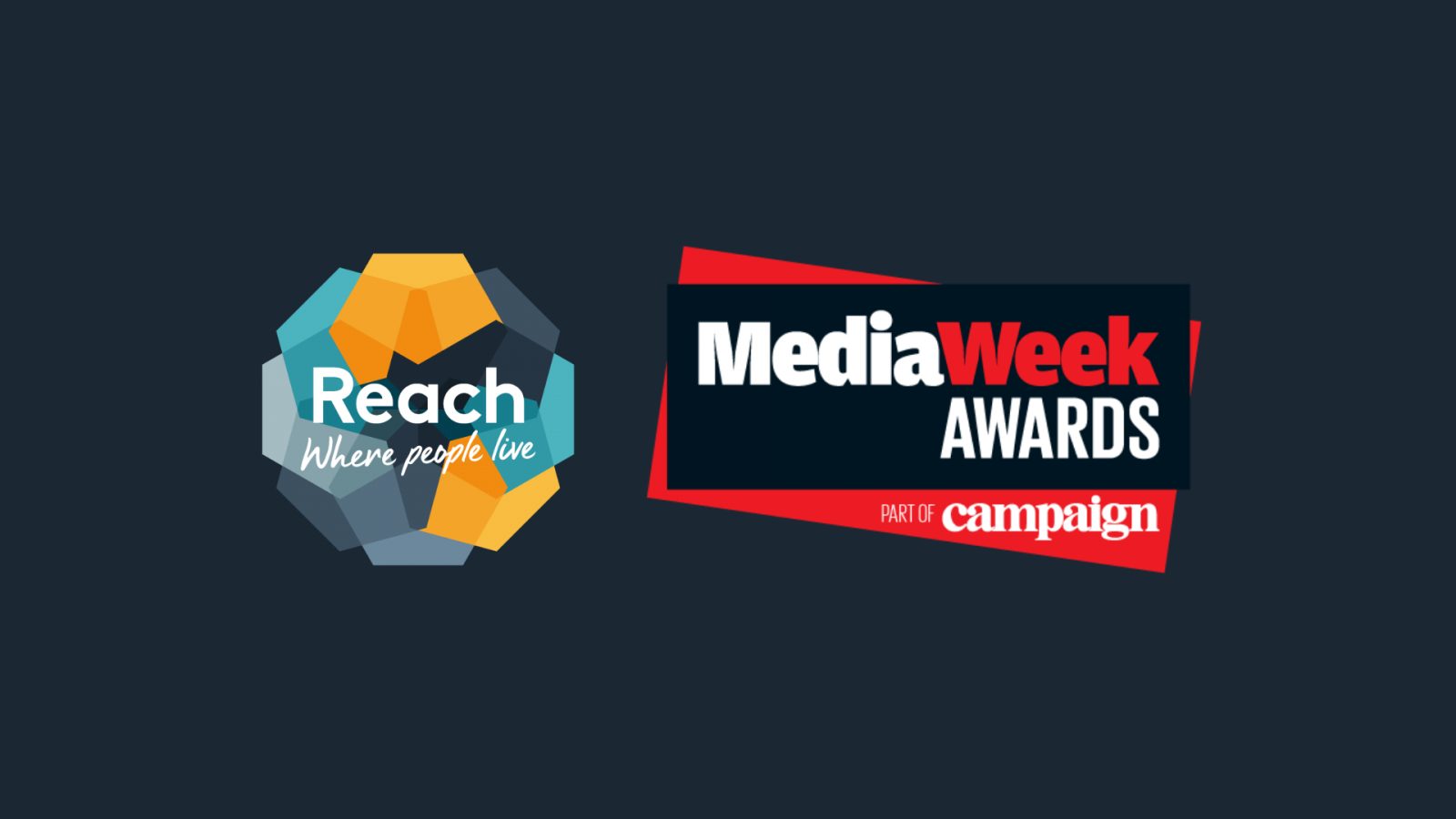Over the past couple of years you’ve probably heard the phrase ‘cookieless world’ along with various doom-laden predications about what it will mean for businesses that advertise online.
But it is really something to be concerned about? Well to answer that we need to properly understand what is going to happen (and when), and how it will affect businesses and their current approach to online advertising.
To help, we’ve asked the data experts here at Reach to produce a mini FAQ all about the cookieless world and its implications for businesses like yours.
So what are cookies anyway?
Cookies are small data files that websites store on a user’s device (computer, tablet, phone etc.) for the purpose of storing information about the user. There are two types of cookies: first-party and third-party.What are first-party cookies?
These are cookies generated by a website that are used to identify users only when they are on that website. They typically help with functionality – remembering forms fills, for example, or the items in your shopping basket when you return to the site. Nearly every website uses first-party cookies to make your visit more personal and enjoyable.What are third-party cookies?
These work in the same way as their first-party cousins, only they work across the web and not just on a single website. This means they can be used to track a user’s browsing activity. Advertisers use third-party cookies to effectively track users around the web and target them with relevant ads. It’s like when you’re mulling over buying a new pair of shoes online and then you see ads for those exact shoes on other websites and social networks you visit. Clever huh?So why is the world becoming cookieless?
Well it’s not really. First-party cookies are not going anywhere, you’ll be pleased to hear. But third-party cookies will soon be a thing of the past. As they’re used to track a user’s browsing habits they have always led to concerns around privacy. This is why you’re regularly asked to opt-in to cookies when you visit websites as part of GDPR law. Now Google is planning to take things further by blocking third-party cookies in its Chrome browser.What about the other web browsers?
Perhaps surprisingly, the Safari and Firefox browsers have blocked third-party cookies by default for years. Browsers like Edge and Opera currently do not block them, but their market share is tiny. This is why Google’s announcement has made waves, as it’s by far the world’s most popular web browser, with more than 63% of the market across all devices (as of April 2023 – Statista).How will all this affect businesses?
According to Gartner’s Eric Schmitt, “Marketers should expect substantial and sustained disruption to digital advertising.” That may sound dramatic, but it really will affect businesses that use online advertising to target and retarget users as they won’t be able to use third-party cookies to deliver relevant ads. This is likely to result in decreased ad response.What alternatives are there to third-party cookies?
New solutions may involve tracking groups of users, or pots of people, rather than individuals. Google is also leading an initiative known as the ‘Privacy Sandbox’ which is creating web standards for websites to access user information without compromising privacy. Other new ad solutions and technologies are expected to arrive and address the change.Okay, so when is this happening?
Good question. Google initially claimed it would phase out third-party cookies by 2022. After developers, publishers, marketers and regulators all asked for more time to get ready for the change, it was delayed until mid-2023, before being confirmed that it would take place in 2024. So now is the time for businesses to adapt their approach to targeting people online.How should businesses best prepare for the cookieless world?
As this new world has yet to take shape it’s difficult to suggest tactics with any degree of certainty. But there is one thing that all businesses should be doing right now and that is to focus on their own first-party customer data. Businesses need to discover as much as possible about their own customers in order to segment and target them themselves, so this means devising ways of collecting additional insight and data – finding out who their customers really are and what makes them tick.There will be a lot of work involved in collecting this data, but it will provide businesses with a deeper understanding of their own customers – which in the longer terms should foster stronger relationships. In summary, concentrate on what you’ve got, not what you’re about to lose, and view this change as an opportunity.
How is Reach prepared to support businesses?
As a leading digital publisher, Reach is fully prepared for the impending deprecation of third-party cookies within Chrome. Embracing this change, we have proactively built and implemented privacy-centric solutions to ensure a continued seamless user experience across our platforms. With an ongoing focus on expanding our already vast pool of first-party data, we are poised to continue delivering relevant and targeted content and advertising to our audience. We remain committed to user privacy and look forward to navigating this shift alongside the wider industry.
Introducing Plusᐩ, Reach’s advertising solution to address the removal of third-party cookies.
If you’re looking for an alternative to third-party cookies say hello to Plusᐩ, our new range of hyper-efficient targeting tools.
Plusᐩ uses Reach’s wealth of first-party customer data to intelligently target your ideal audience on our online network of news sites. Just tell us the kinds of people you want to reach, and/or where they’re located, and Plusᐩ will deliver your message with laser-like precision.
By using it in your next campaign you can:
- Leverage our valuable first-party data
- Cut your customer acquisition costs by ~47%*
- Improve your click-through rates by ~43%*
- Target by interests, location and much more
- Advertise in a 100% brand-safe environment
Complete the form below to add precision targeting to your next campaign.
* Based on audience data performance.











